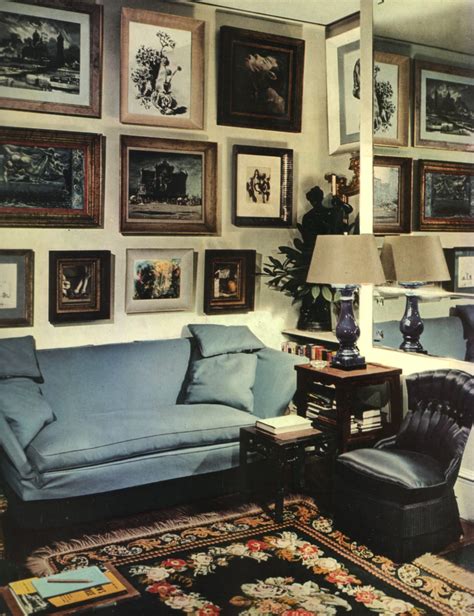A Quote by Riccardo Tisci
People's wardrobes in history are something that society and culture imposed. But sexuality is not about the way you dress.
Related Quotes
When was it that people decided as a society that your body is in one place and your sexuality in another place, something like a hat, or a coat, that when you leave home you hang it and when you come back home you say, "Ah! Let's wear my sexuality! I might wear it tonight"? It is something that belongs to your body.
On the plane the other day, there was man who was wearing a tank top, shorts and Birkenstocks - and I don't think that's acceptable. First class should have a f - ing dress code. It's not about money. It's about education. When you build an environment where people can study well, they'll work better. If you teach people to dress correctly, to take personal hygiene seriously, when we teach them about culture, they will be greater.
A good part of 'The Information' is about the transition from an oral to a literary culture. Books effected such a great transformation in the way we think about the world, our history, our logic, mathematics, you name it. I think we would be greatly diminished as a people and as a culture if the book became obsolete.








































